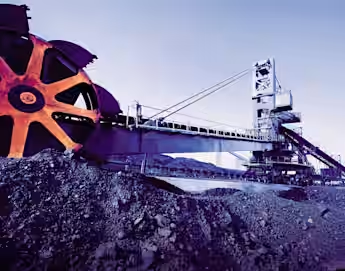Locations
Whilst the Urgenda-decision is prompting discussions on expediting the decommissioning of coal-fired power plants in the Netherlands, some owners of these assets are contesting the current timetable, which requires decommissioning by 2030.
More specifically, RWE and Uniper, both based in Germany, have brought ICSID-arbitration claims against the Netherlands, arguing that the 2019 Act on the Prohibition of Using Coal to Generate Electricity violates their rights under the Energy Charter Treaty.
In response to these claims, the Netherlands has brought "anti-arbitration" proceedings before the German courts, seeking to avert both ECT-based arbitration proceedings. The government argues that, in the light of the Achmea-judgment (CJEU 6 March 2018, matter C-284/16, ECLI:EU:C:2018:158), an arbitration clause in a bilateral investment treaty (BIT) is incompatible with EU law. Twenty-two EU Member States have confirmed this position in a statement dated 15 January 2019, and a subsequent Agreement for the Termination of Bilateral Investment Treaties between the Member States of the European Union dated 5 May 2020 (Official Journal reference L 169 (29/05/2020)). Both documents, however, explicitly state that the ECT, which is a multilateral investment treaty (MIT) rather than a BIT, will be dealt with separately.
It is not entirely sure what exactly the Netherlands claims before the German courts, but it seems likely that it requests the claims to be declared inadmissible. Under the German Code of Civil Procedure, the court may dismiss the admissibility of arbitration proceedings before the tribunal is formally constituted. The latter might just prove difficult for the Netherlands, since the RWE tribunal has been constituted already, whereas the constitution of the Uniper tribunal is pending.
The German courts have previously ruled that an arbitration clause in a BIT was not valid due to the Achmea-judgment, but it is unclear whether that also applies to an arbitration clause in a MIT, such as the ECT. Moreover, it is unknown how the German court's decision influenced the subsequent decision by the arbitral panel on its jurisdiction in that particular case. Thus, even if the court agrees with the Netherlands, it does not necessarily mean that the latter is off the hook. In fact, it knows it is not, as it also faces three cases that RWE and Uniper have brought before the Dutch courts. One may safely assume that the stakes are high enough to prompt all parties concerned not to leave any legal opportunity unused. To be continued.

